Home>Ideas and Tips>Home Gym Equipment Maintenance: Keep Your Fitness Gear in Shape
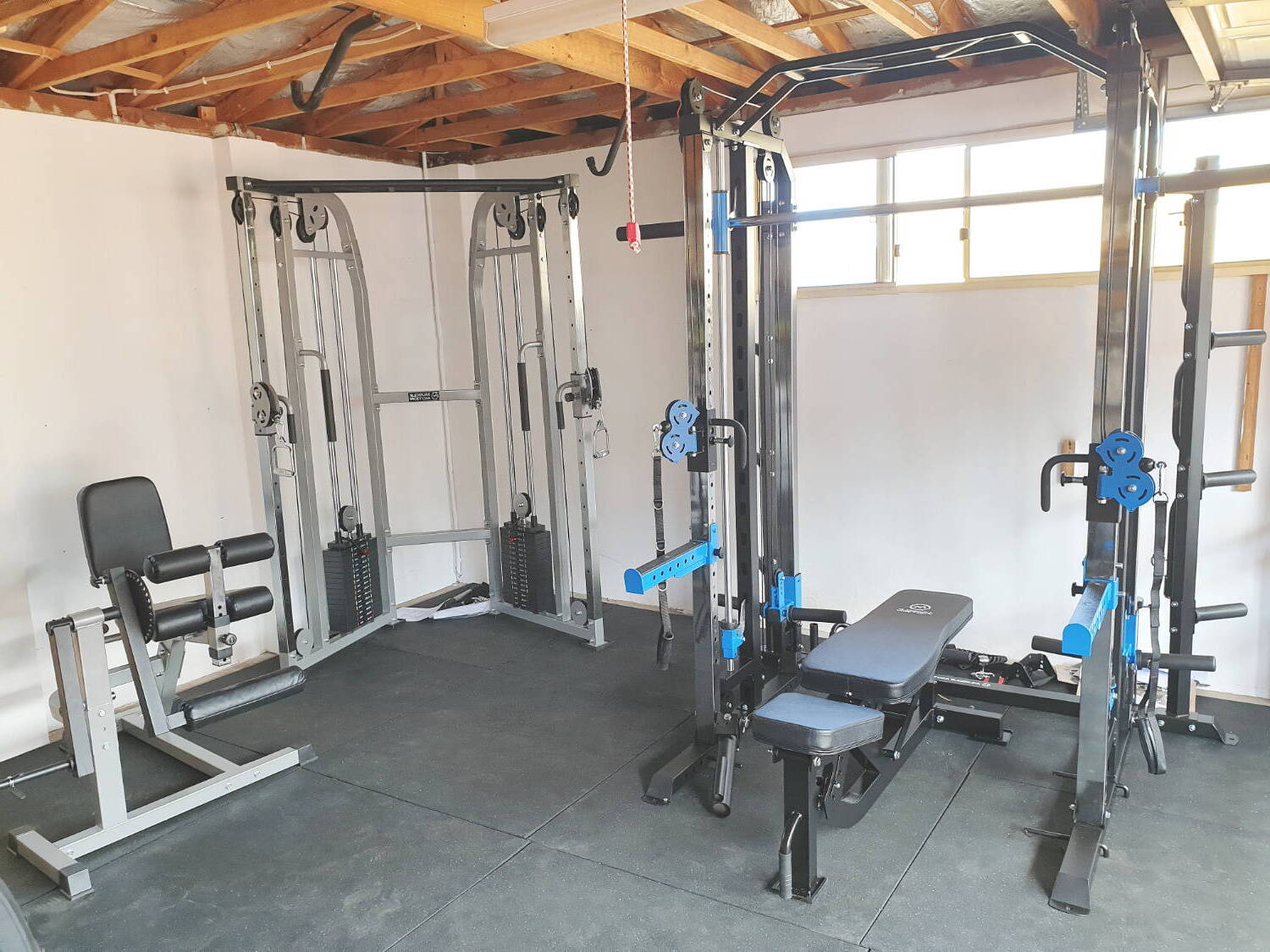

Ideas and Tips
Home Gym Equipment Maintenance: Keep Your Fitness Gear in Shape
Published: September 23, 2024
Learn essential tips for home gym equipment maintenance to ensure safety, extend lifespan, and enhance performance. Keep your fitness gear in top shape!
(Many of the links in this article redirect to a specific reviewed product. Your purchase of these products through affiliate links helps to generate commission for Storables.com, at no extra cost. Learn more)
Maintaining a home gym is crucial for ensuring that your fitness equipment remains in top condition, providing a safe and efficient workout environment. Unlike traditional gyms, home gyms require regular maintenance to prevent damage and extend the lifespan of your equipment. In this article, we will delve into the importance of home gym equipment maintenance, discuss the common threats to your home gym, and provide detailed tips on how to keep your fitness gear in shape.
The Importance of Home Gym Equipment Maintenance
Maintaining your home gym equipment is not just about preserving its aesthetic appeal; it is a crucial aspect that ensures safety and maximizes the equipment’s lifespan. Here are some reasons why regular maintenance is essential:
-
Safety: Well-maintained gym equipment is safer to use. Regular checks can help identify any faults or wear and tear that could potentially lead to accidents or injuries. For instance, rusty or corroded metal parts can cause serious harm if they break apart during use.
-
Lifespan: Regular maintenance can significantly extend the lifespan of your gym equipment. By keeping it clean and promptly addressing any issues, you can prevent premature wear and tear. This means that your equipment will last longer, saving you money in the long run by avoiding costly repairs or replacements.
-
Performance: Well-maintained equipment performs better. It operates more smoothly and accurately, ensuring that users can exercise effectively without interruption. For example, a treadmill that is properly lubricated will run more smoothly, reducing the risk of sudden stops or breakdowns.
-
Savings: Although there may be some cost involved in maintaining gym equipment, it can lead to significant savings in the long run. It’s often cheaper to address minor issues or replace small parts than to replace an entire machine due to major faults.
-
User Satisfaction: For home gym owners, well-maintained equipment can lead to higher user satisfaction. Customers appreciate a clean, well-functioning gym, and are more likely to continue their workouts if they see that the equipment is regularly serviced and kept in good condition.
Read more: Creating A Home Gym That Fits Your Lifestyle
Common Threats to Your Home Gym
Two of the main threats to garage gyms are rust and corrosion, which often occur because garages are not sealed or insulated as well as other indoor structures. The main catalyst for rust and corrosion of any metal is water. Rust is a chemical process that involves iron/iron alloys, oxygen, and water. In the context of home gyms, the main source of water surprisingly comes from our sweat!
Did you know that the sodium chloride in our sweat can exacerbate the risk of metal rust and corrosion? In the winter, with the air going from cold to hot regularly, it can often cause a lot of condensation which is not good especially for barbells and dumbbells as the moisture will cause rust. No need to panic though; there are some simple straightforward steps you can take to protect and maintain your gym equipment.
Tips for Preserving and Protecting Your Equipment
-
Insulation: One of the most effective ways to protect your home gym equipment from rust and corrosion is by ensuring that your garage is well-insulated. This includes sealing any gaps around doors, windows, and walls. Having good flooring in place, preferably thick and high-quality flooring, can also help regulate the temperature and keep heat in. Rubber floor tiles can experience shrinkage during the winter due to moisture, so it's essential to check for any signs of damage.
-
Air Conditioning/Heating: Proper temperature control is crucial for maintaining your home gym equipment. Extreme temperatures can cause metal parts to expand and contract, leading to potential damage. Using air conditioning or heating systems can help maintain a stable temperature, reducing the risk of condensation and subsequent rust.
-
Dehumidifiers: Dehumidifiers are particularly useful in garages that are prone to moisture buildup. By removing excess humidity from the air, you can significantly reduce the risk of rust and corrosion.
-
Cleaning Equipment: Regular cleaning is essential for maintaining your home gym equipment. Use a warm damp cloth with mild detergent to clean your treadmill (handrail, dashboard, motor cover). Always get rid of dust from the treadmill as it can accumulate quickly and cause mechanical issues.
-
Lubrication: Lubricating moving parts regularly can reduce friction and prevent wear. For treadmills, exercise bikes, elliptical trainers, and other equipment with moving parts, follow the manufacturer’s guidelines for lubrication.
-
Mat Alignment and Tension: For equipment like treadmills and elliptical trainers, ensure that mats are properly aligned and tensioned. Misaligned mats can cause uneven wear on the belt or moving parts.
-
Regular Inspections: Regular inspections are critical for identifying potential issues before they become major problems. Check for loose bolts, frayed cables, and other signs of damage. Address any issues immediately as there could be something like a foreign object or loose bolt causing damage.
-
Preventive Maintenance: Incorporate regular preventive maintenance into your routine. This includes ensuring correct usage of all gym equipment to prevent unnecessary wear and tear. Proactively replace worn-out parts to avoid straining the rest of the machine.
-
Storage Environment: Store equipment in a clean, dry environment to prevent damage. Avoid storing equipment in areas prone to moisture or extreme temperatures.
-
Professional Servicing: While regular cleaning and inspection can be done by anyone, some maintenance tasks require professional help. If your equipment is making unusual noises or has electrical issues despite your maintenance efforts, it’s time to seek professional repair services.
Treadmill Maintenance Tips
Treadmills are sophisticated and expensive pieces of home gym equipment. Here are some specific tips for maintaining your treadmill:
-
Service Your Treadmill Every 3 Months: Regular servicing of your treadmill is crucial for its longevity. Follow the manufacturer’s guidelines for servicing your specific model.
-
Clean the Handrail, Dashboard, and Motor Cover: Use a warm damp cloth with mild detergent to clean these parts regularly.
-
Lubricate Moving Parts: Regularly lubricate the moving parts of your treadmill according to the manufacturer’s instructions.
-
Check Mat Alignment and Tension: Ensure that the mat is properly aligned and tensioned to prevent uneven wear on the belt.
Elliptical Trainer Maintenance Tips
Elliptical trainers require regular maintenance to keep them in top condition:
-
Lubricate Moving Parts: Regularly lubricate the moving parts of your elliptical trainer according to the manufacturer’s instructions.
-
Check Pedal and Hand Grip Attachment: Ensure that pedals and hand grips are securely attached to prevent them from coming loose during use.
-
Inspect Electrical Components: Periodically inspect electrical components for any signs of damage or wear.
Read more: Home Gym Chic: Stylish Fitness Spaces
Weight Bench Maintenance Tips
Weight benches are essential for strength training but require regular maintenance:
-
Clean the Bench Surface: Regularly clean the bench surface to prevent bacterial buildup.
-
Lubricate Moving Parts: If your weight bench has moving parts, lubricate them regularly according to the manufacturer’s instructions.
-
Inspect for Damage: Check for any signs of damage such as loose bolts or frayed cables and address them immediately.
Recumbent Bike Maintenance Tips
Recumbent bikes are popular for their comfort but require regular maintenance:
-
Clean the Bike Frame: Regularly clean the bike frame to prevent dust accumulation.
-
Lubricate Chain: If your recumbent bike has a chain, lubricate it regularly according to the manufacturer’s instructions.
-
Inspect for Loose Screws/Bolts: Check for any loose screws or bolts and tighten them if necessary.
Stepper Maintenance Tips
Stepers are great for cardio workouts but need regular maintenance:
-
Clean the Steps: Regularly clean the steps to prevent bacterial buildup.
-
Lubricate Moving Parts: If your stepper has moving parts, lubricate them regularly according to the manufacturer’s instructions.
-
Inspect for Damage: Check for any signs of damage such as loose bolts or frayed cables and address them immediately.
Magnetic Bike Maintenance Tips
Magnetic bikes are known for their smooth operation but require regular maintenance:
-
Clean the Bike Frame: Regularly clean the bike frame to prevent dust accumulation.
-
Lubricate Moving Parts: If your magnetic bike has moving parts, lubricate them regularly according to the manufacturer’s instructions.
-
Inspect for Loose Screws/Bolts: Check for any loose screws or bolts and tighten them if necessary.
Spin Bike Maintenance Tips
Spin bikes are popular for their high-intensity workouts but need regular maintenance:
-
Clean the Bike Frame: Regularly clean the bike frame to prevent dust accumulation.
-
Lubricate Chain: If your spin bike has a chain, lubricate it regularly according to the manufacturer’s instructions.
-
Inspect for Loose Screws/Bolts: Check for any loose screws or bolts and tighten them if necessary.
Maintenance Data Tracking
Every time your equipment is cleaned, inspected, or worked on, there should be a digital record of that work. Without this, management is left in the dark and equipment is more likely to experience a failure. Task management solutions like Xenia ensure that protocol is followed and work is recorded every time whether it is a preventive or reactive work order.
Conclusion
Maintaining your home gym requires attention to detail and a bit of time and labor. However, in the long run, it will pay dividends by prolonging the life of your gym equipment and saving you costs for potential repairs or replacements. By following these tips and staying vigilant about regular maintenance, you can ensure that your home gym remains safe and efficient for years to come.
In summary, keeping your home gym clean, organized, and well-maintained will help ensure that it is safe to use and will last for a long time. With these simple steps and a bit of dedication, you can keep your fitness gear in shape and enjoy a safe and effective workout environment at home.
Was this page helpful?
At Storables.com, we guarantee accurate and reliable information. Our content, validated by Expert Board Contributors, is crafted following stringent Editorial Policies. We're committed to providing you with well-researched, expert-backed insights for all your informational needs.
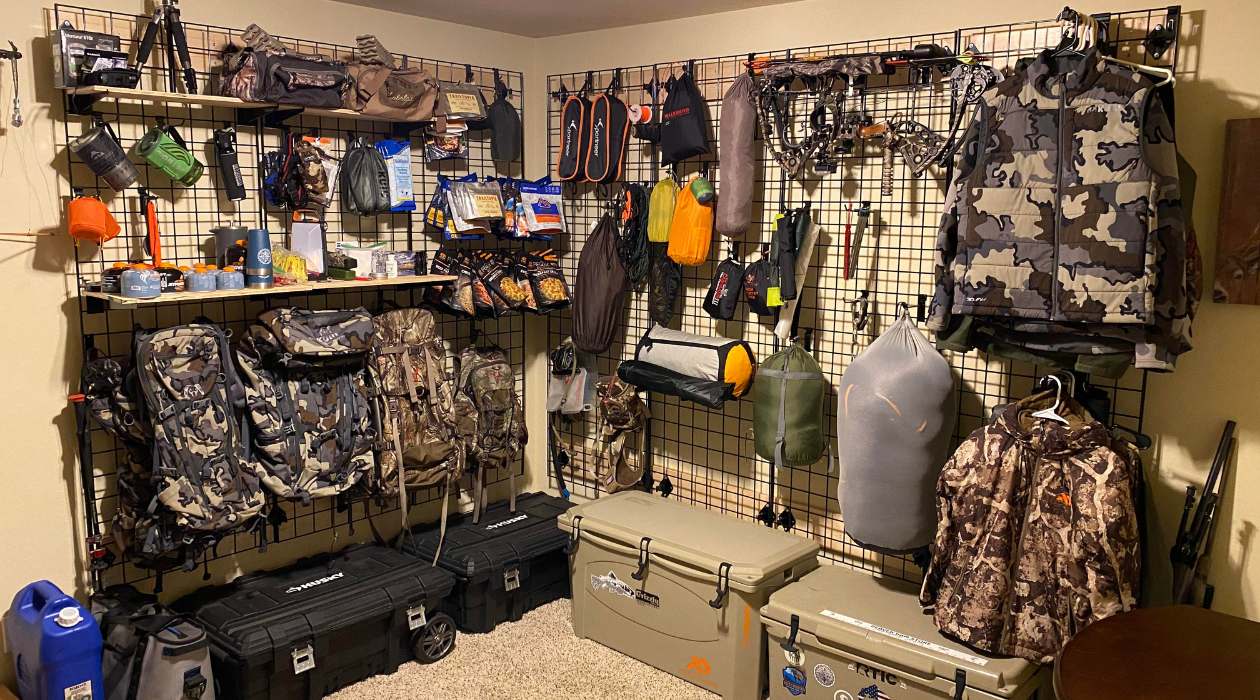
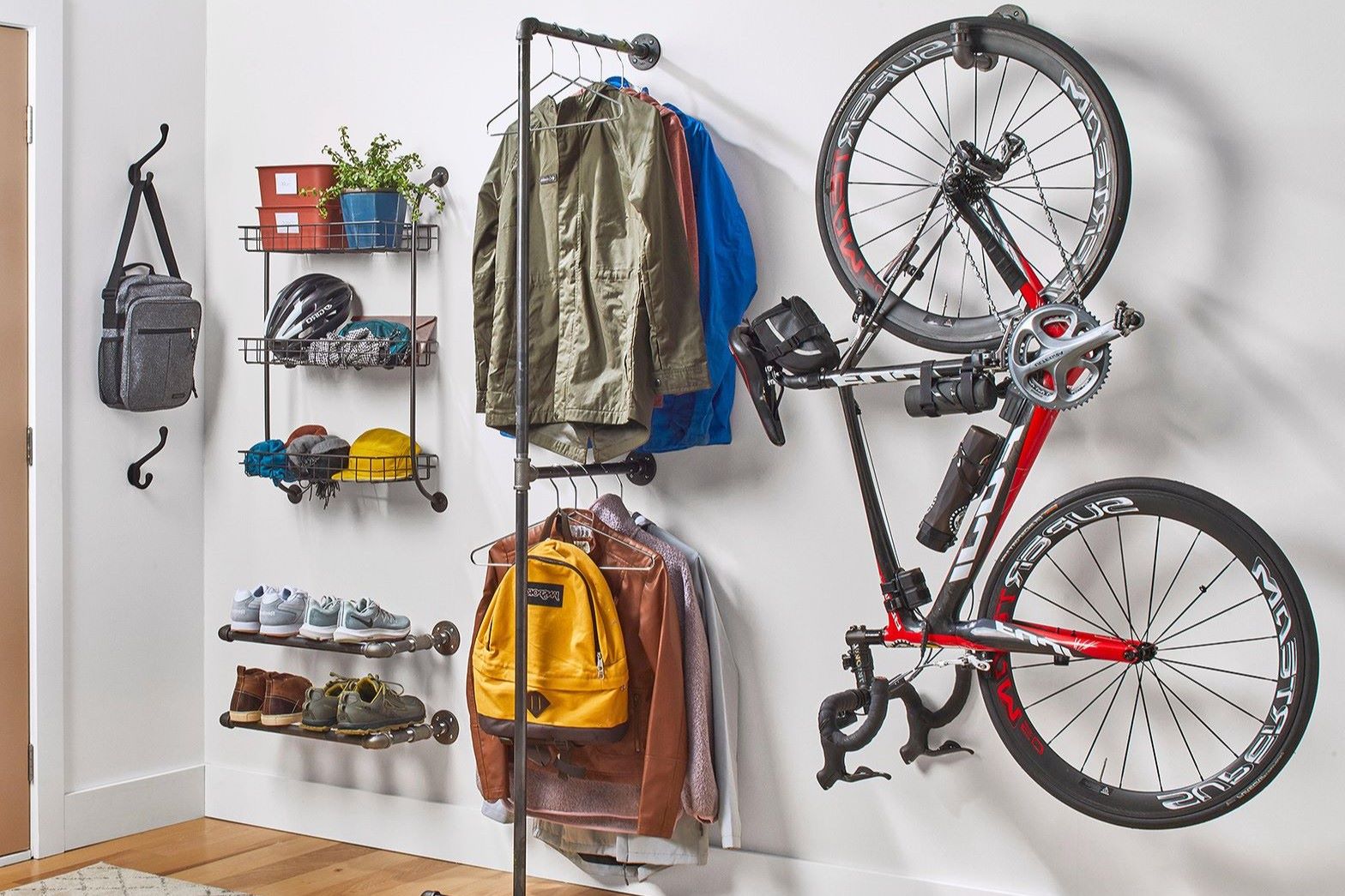
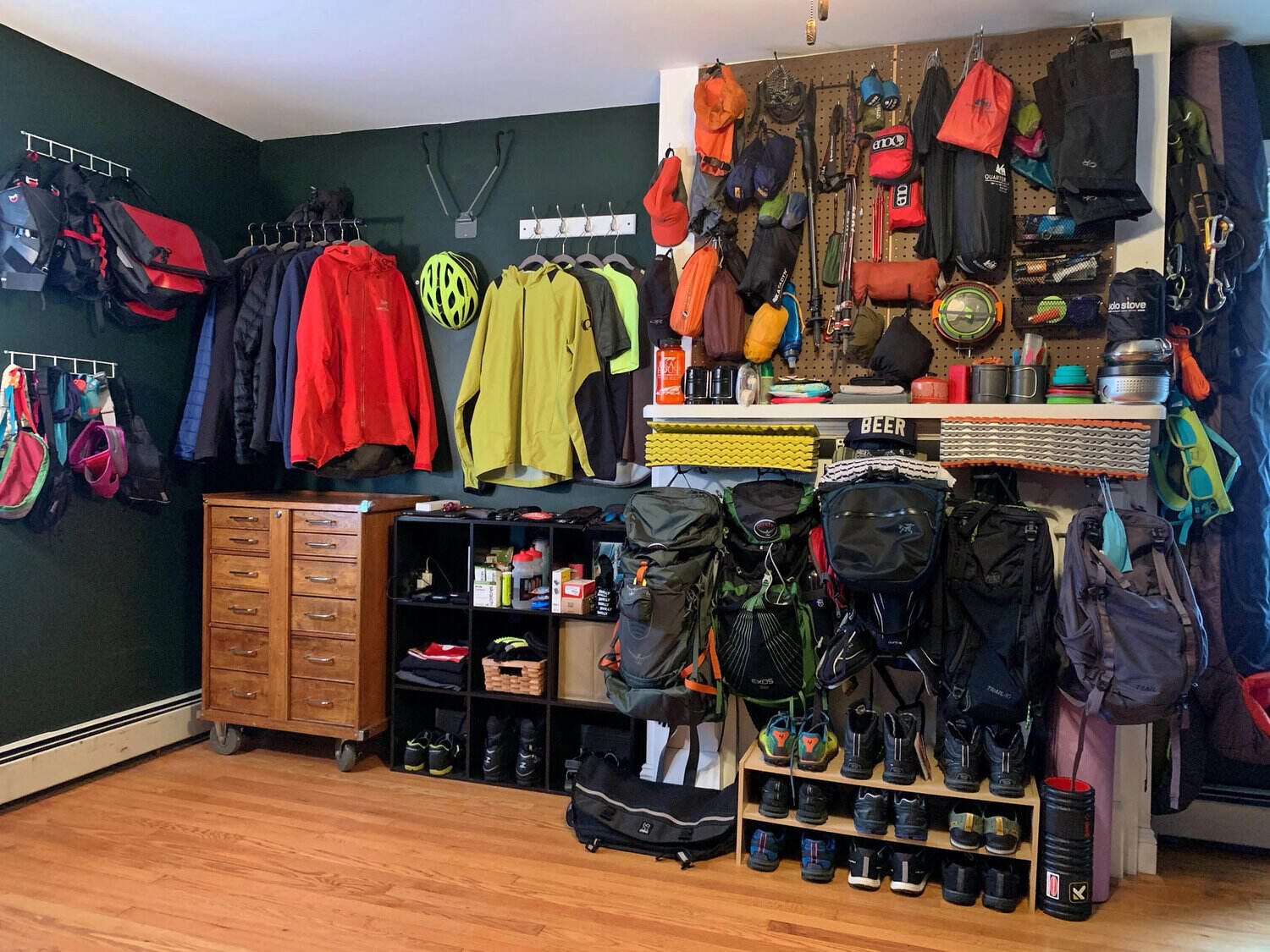
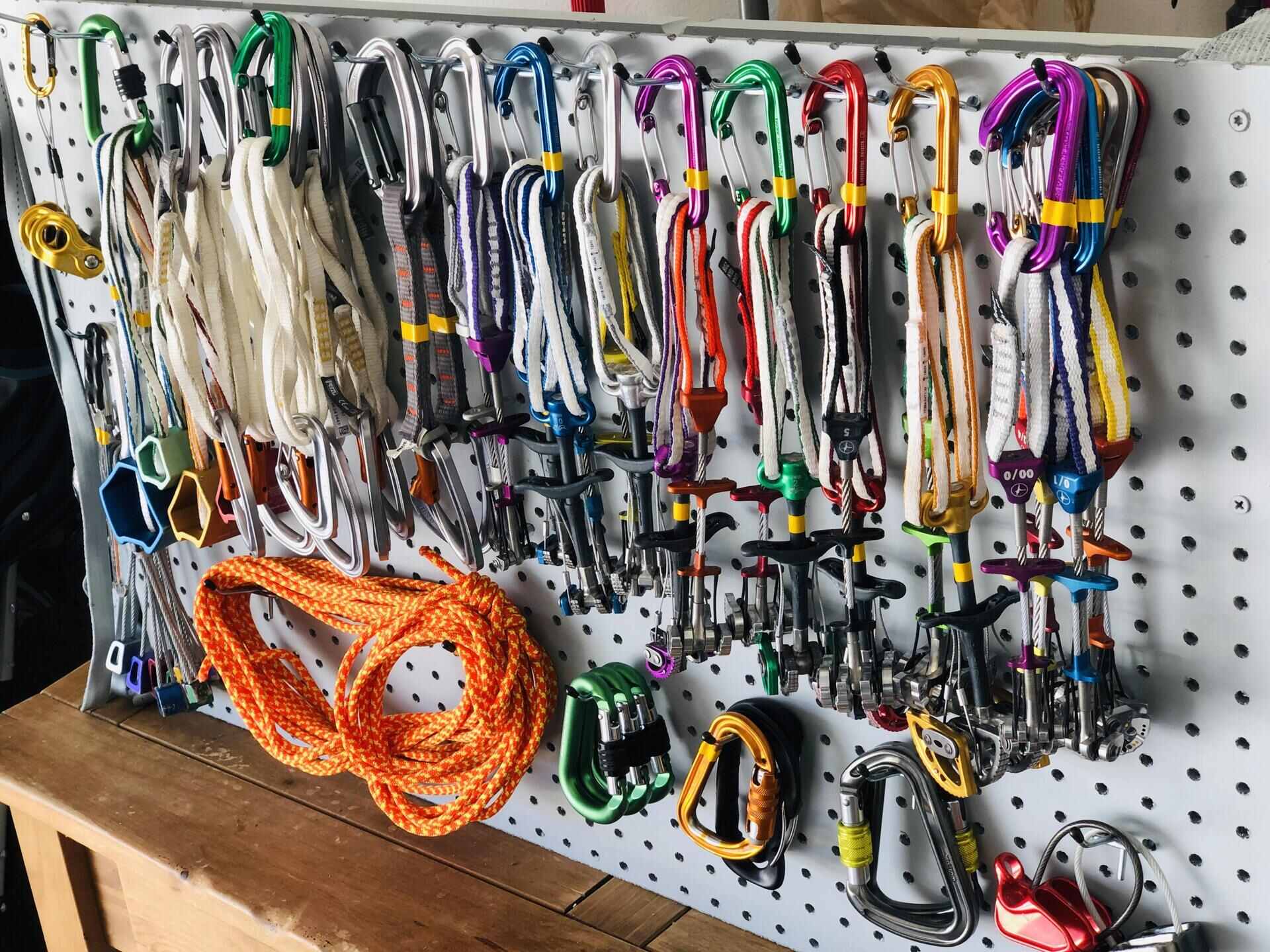

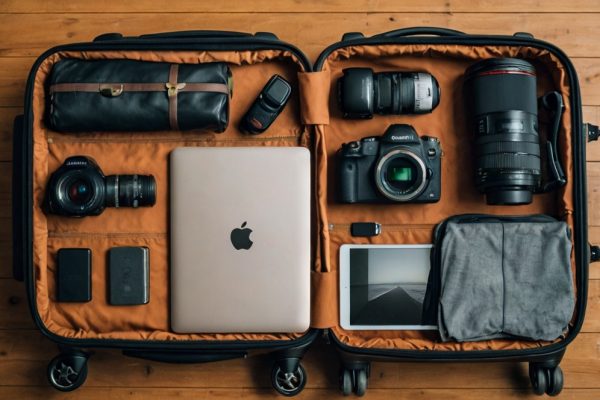

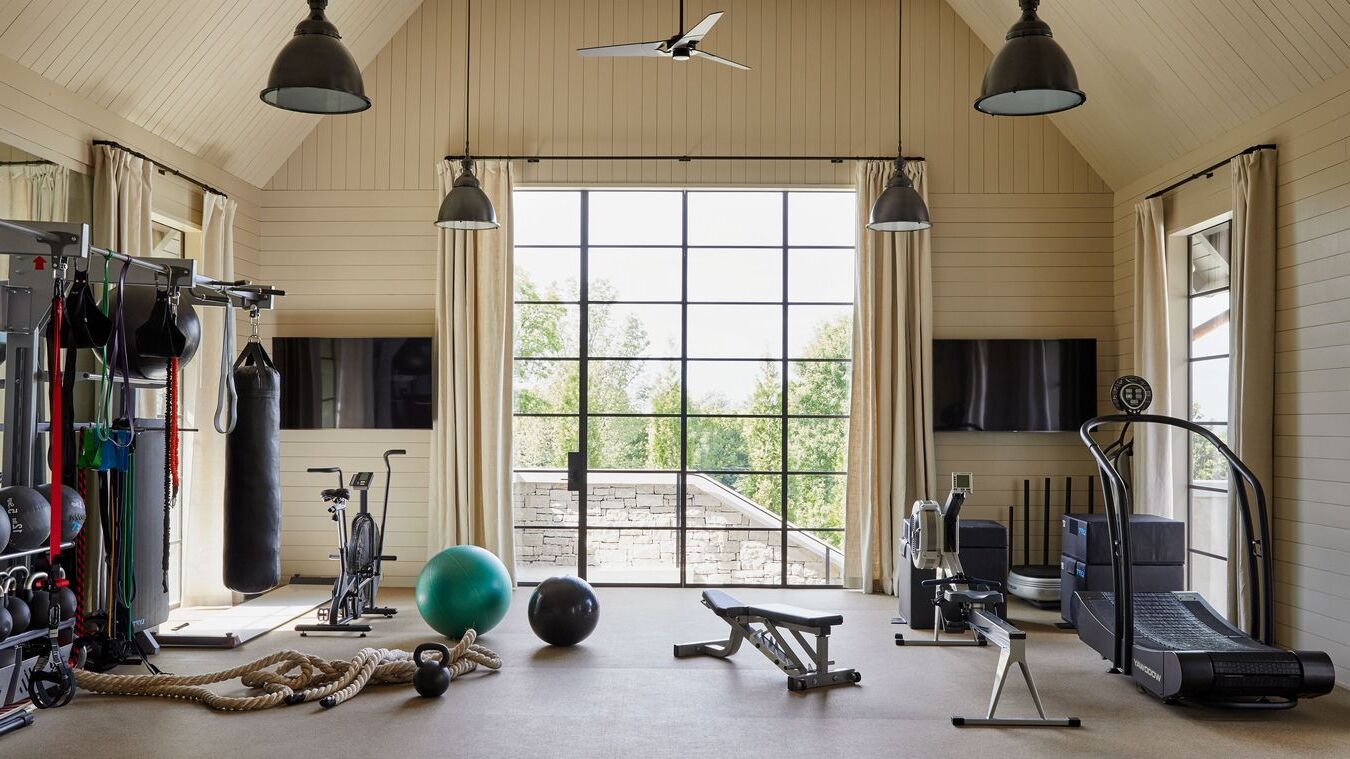
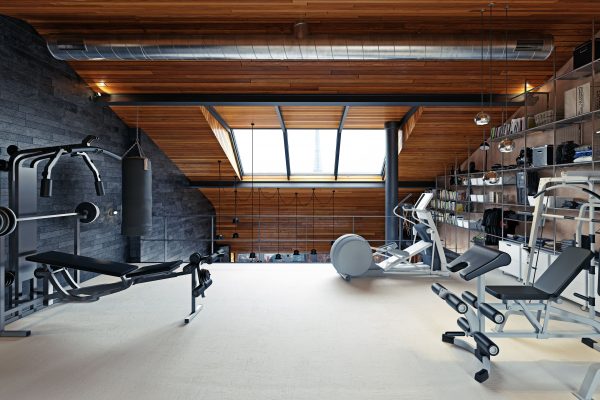
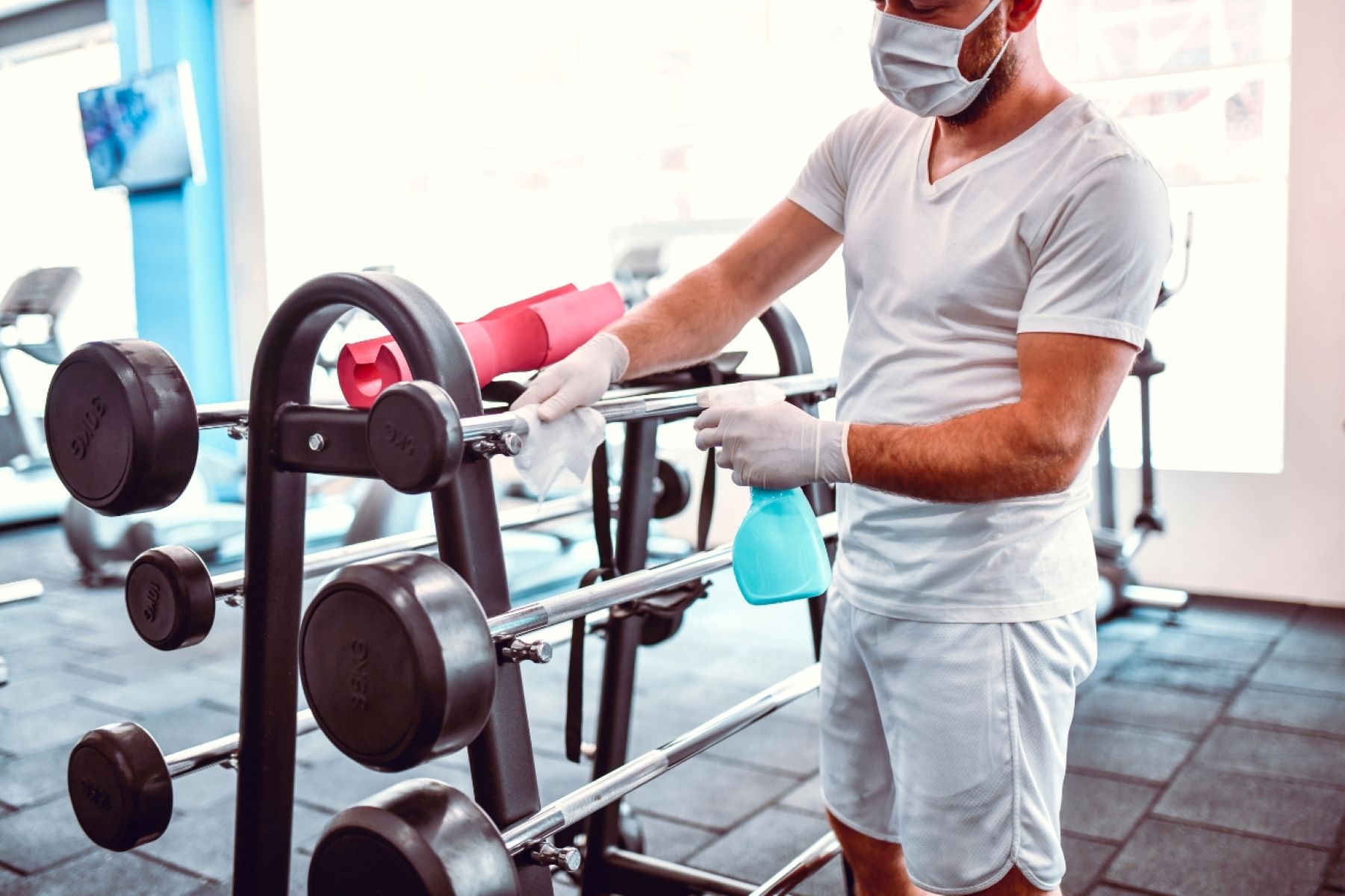
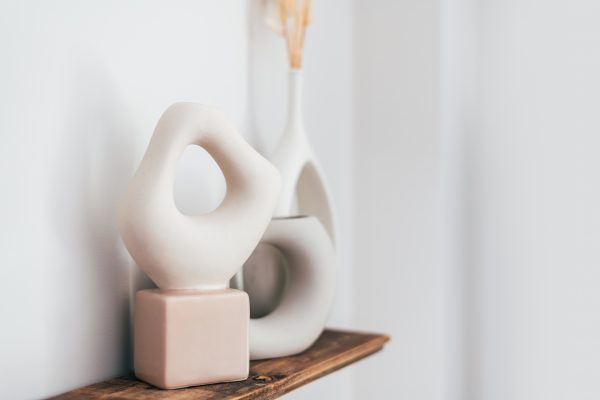
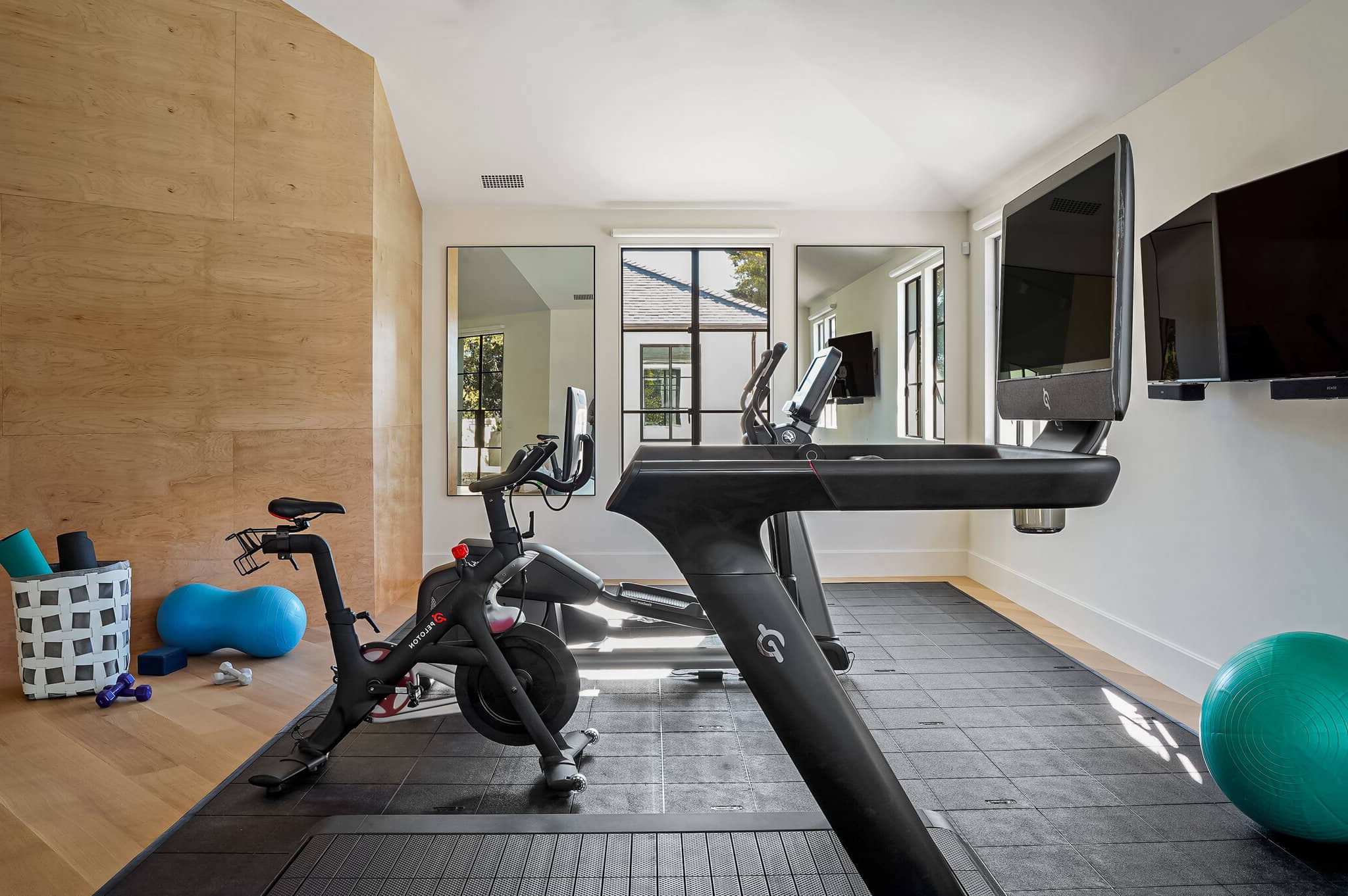


0 thoughts on “Home Gym Equipment Maintenance: Keep Your Fitness Gear in Shape”